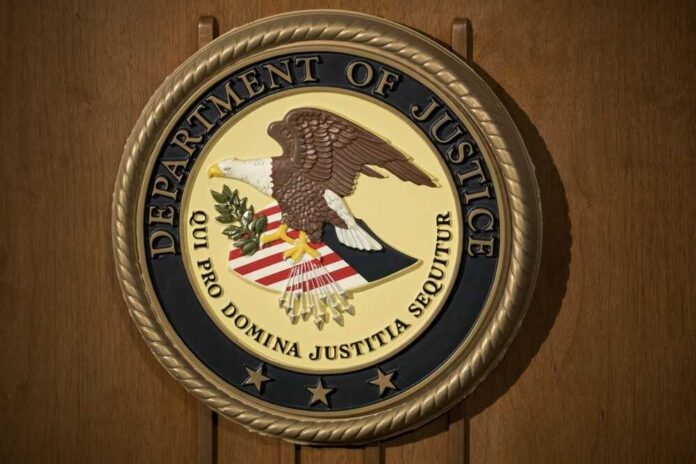
U.S. Attorney Rachael Rollins, nominated by President Biden, announced her resignation this week following allegations of serious ethical violations. The accusations, disclosed in reports by the Department of Justice Office of the Inspector General and the U.S. Office of Special Counsel (OSC), are startling. The picture they paint is that of misuse of power to an extent that challenges the fundamental trust in the impartiality of our justice system.
Rollins was said to have violated the Hatch Act, a law restricting federal employees’ involvement in certain political activities. According to Special Counsel Henry Kerner, Rollins’ alleged infractions were “among the most egregious transgressions of the Act that OSC has ever investigated.” In addition, it appears that Rollins was involved in political maneuvering of a dubious nature to give an advantage to Ricardo Arroyo, a fellow Democrat, in his primary campaign against Kevin Hayden for Suffolk district attorney.
I warned Rachael Rollins was unfit to serve as a U.S. Attorney. Now she’s resigning in disgrace.
Good riddance. pic.twitter.com/hazBFR4cTQ
— Tom Cotton (@SenTomCotton) May 17, 2023
Let's be clear: if a Republican did 1/100th of this, Merrick Garland would send in the SWAT team.
Garland's decision to give the disgraced Soros criminal Rachael Rollins a pass is shameful. https://t.co/V5RFEQGcHO
— Tom Cotton (@TomCottonAR) May 17, 2023
Rollins was accused of revealing non-public U.S. Department of Justice (DOJ) information to the Boston Globe, aiming to damage Hayden’s reputation. In addition, the report suggests that Rollins attempted to create the impression that the DOJ was investigating Hayden for public corruption.
This use of DOJ information for personal political gain is alarming, suggesting an inappropriate merging of federal authority with local politics. After her initial attempts to discredit Hayden failed, Rollins reportedly leaked additional sensitive DOJ information to a Herald reporter. This illicit dissemination of information intended to undermine Hayden continued even after Arroyo lost his primary.
Such conduct is particularly egregious, especially considering that Rollins falsely testified under oath during the OSC interview. In addition, she denied being the federal law enforcement source that provided sensitive DOJ information to the Herald reporter about a potential Hayden investigation. The truth, however, came out when she produced text messages showing her interaction with the reporter.
The OSC also noted that Rollins attended a partisan political fundraiser without requisite department approval, directly opposing the ethics advice she received. This incident further illustrates a disregard for the principles of impartiality and integrity expected of a U.S. attorney.
Rollins’ attorney, Michael Bromwich, stated she understands her presence has become a distraction. She plans to address questions “after the dust settles and she resigns.” However, such actions may not erase the damage done. As the OSC articulated, Rollins’ behavior threatens to erode public confidence. The fact that President Biden nominated her only adds another layer of complexity to this situation.
In the end, the DOJ’s and its officials’ integrity should be beyond reproach. They should stand as symbols of justice, fairness, and ethical conduct. Rollins’ alleged transgressions present a troubling scenario. They serve as a reminder that all public servants, irrespective of their position, should adhere to a high standard of ethical conduct and respect for the rule of law. A position of power should never be a tool for personal or political gain. The future of our democratic society depends on it.

































